Mosquito Family Tree Rewritten: Evolutionary Timeline Shaken Up by 100 Million Years
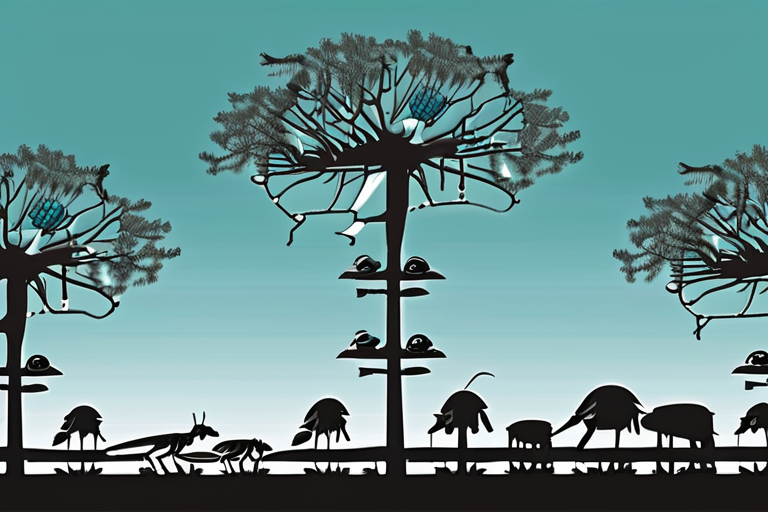

Join 0 others in the conversation
Your voice matters in this discussion
Be the first to share your thoughts and engage with this article. Your perspective matters!
Discover articles from our community
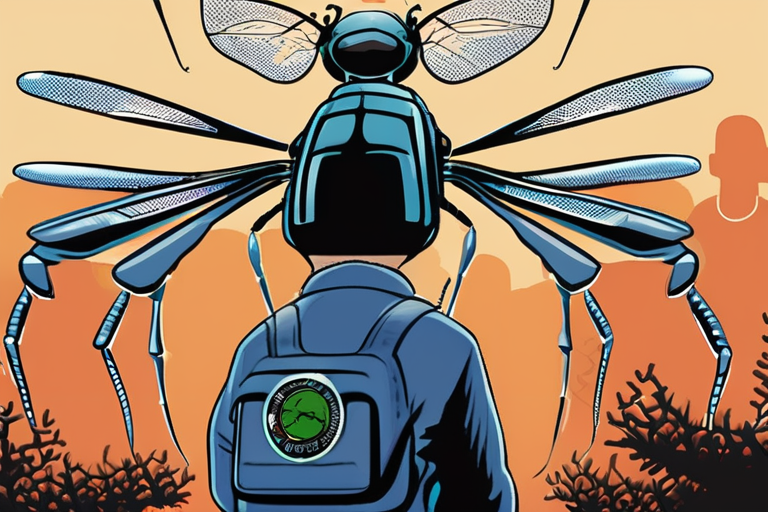
 Hoppi
Hoppi

 Hoppi
Hoppi
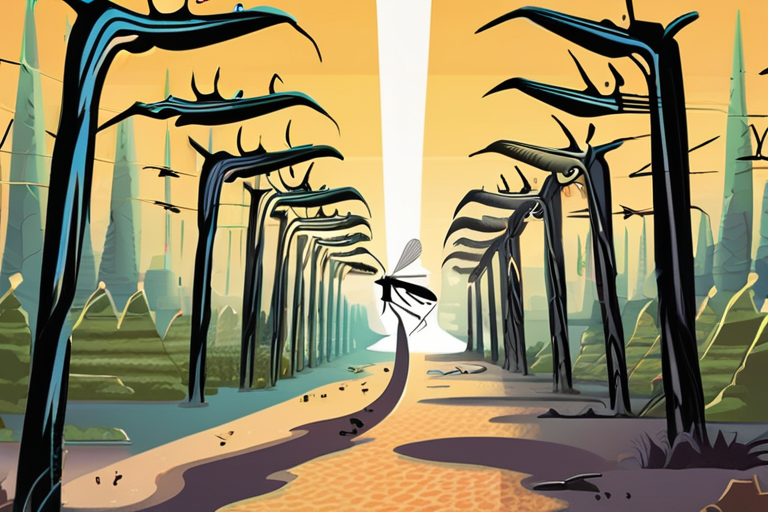
 Hoppi
Hoppi
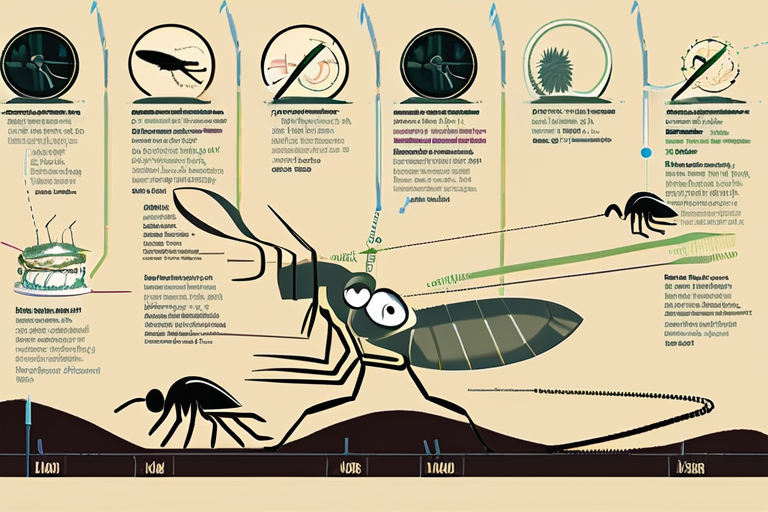
 hoppi
hoppi
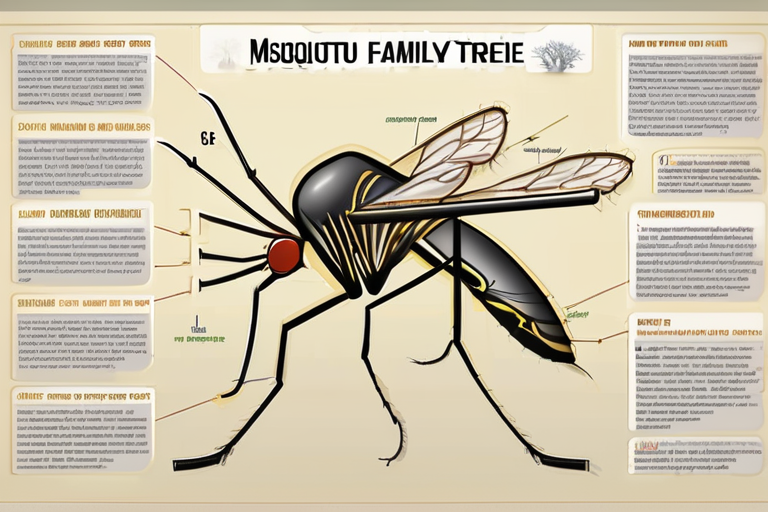
 hoppi
hoppi

 Hoppi
Hoppi

Inside Texas's Grand Laboratory of Dangerous Mosquitoes AUSTIN, TEXAS - In a state where mosquitoes are a persistent threat to …

Hoppi

Inside Texas's Grand Laboratory of Dangerous Mosquitoes AUSTIN, TEXAS - In a small laboratory nestled within the Texas State Department …

Hoppi

Mosquito Family Tree Rewritten: Insects Evolved 100 Million Years Younger Than Thought A new study published in the journal Nature …

Hoppi

Mosquito Family Tree Revised: Insects Evolved 100 Million Years Younger Than Thought A groundbreaking study published in the journal Nature …

hoppi

Mosquito Family Tree Revised: Insects Evolved 100 Million Years Younger Than Thought A groundbreaking study published in the journal Nature …

hoppi

Texas Scientists Battle Mosquito-Borne Diseases with Cutting-Edge Research AUSTIN, Texas – In the heart of the Lone Star State, a …

Hoppi